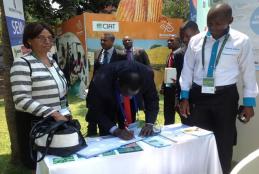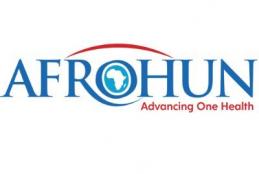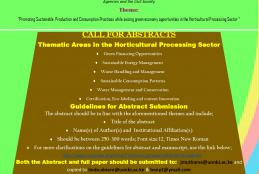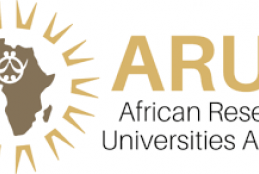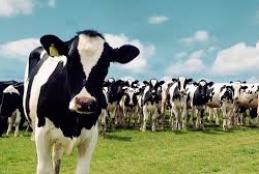Training on Cassava Value Chain by SEMIS Project
SEMIs Project undertook training on Cassava Value Chain to TIVET students from Taita Taveta and Kilifi counties
The training was undertaken on various days including 4th to 7th November 2019 and 18th to 22nd February 2020. The training was coordinated by Prof. Agnes Mwangombe who is also the Project Investigator for the Cassava project.




